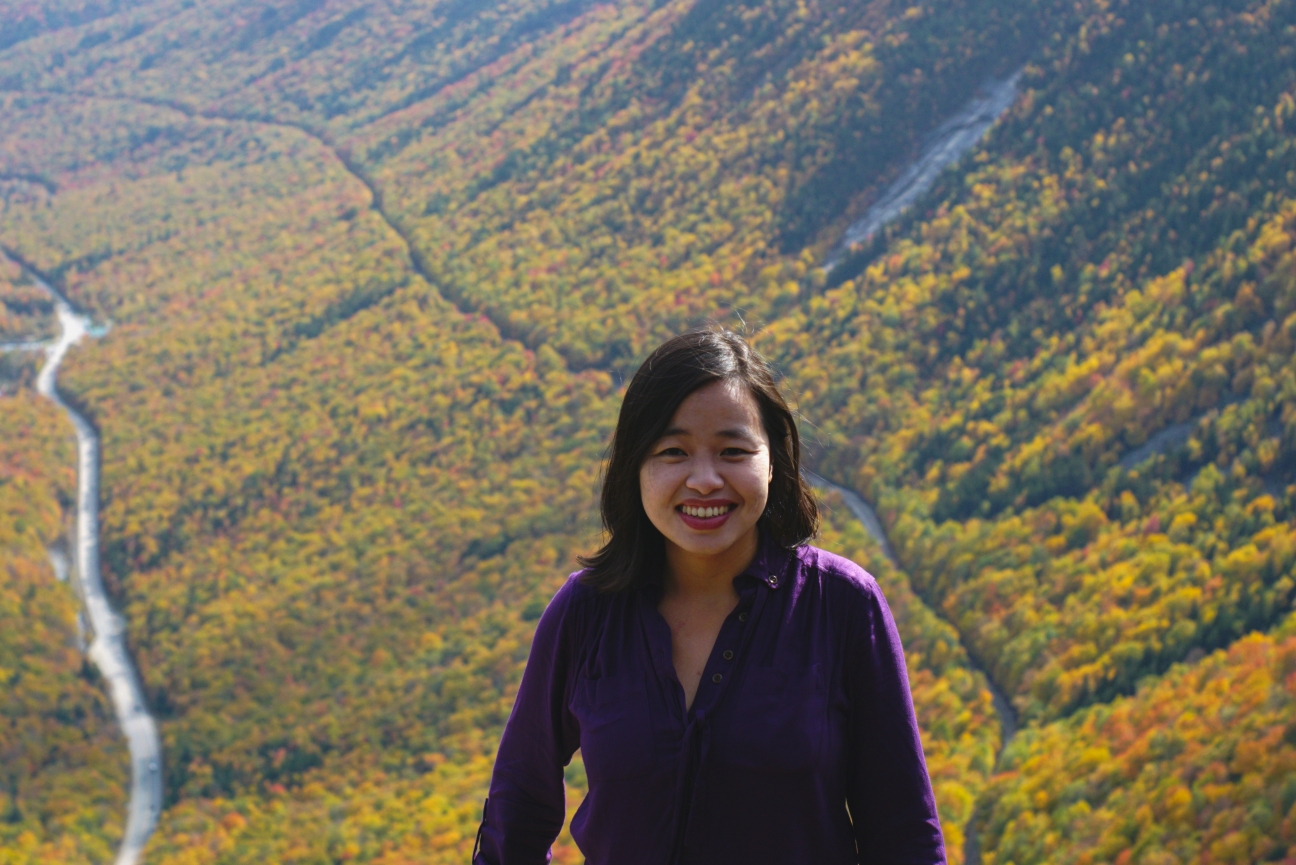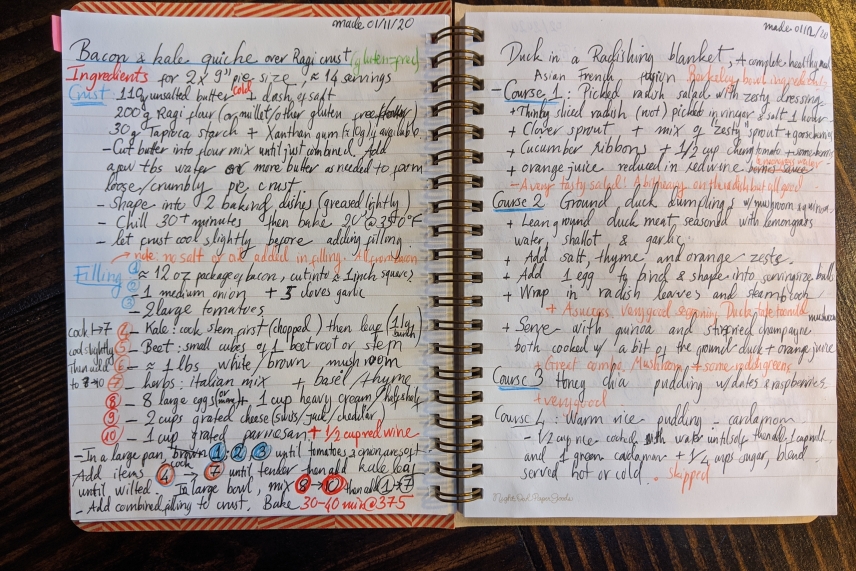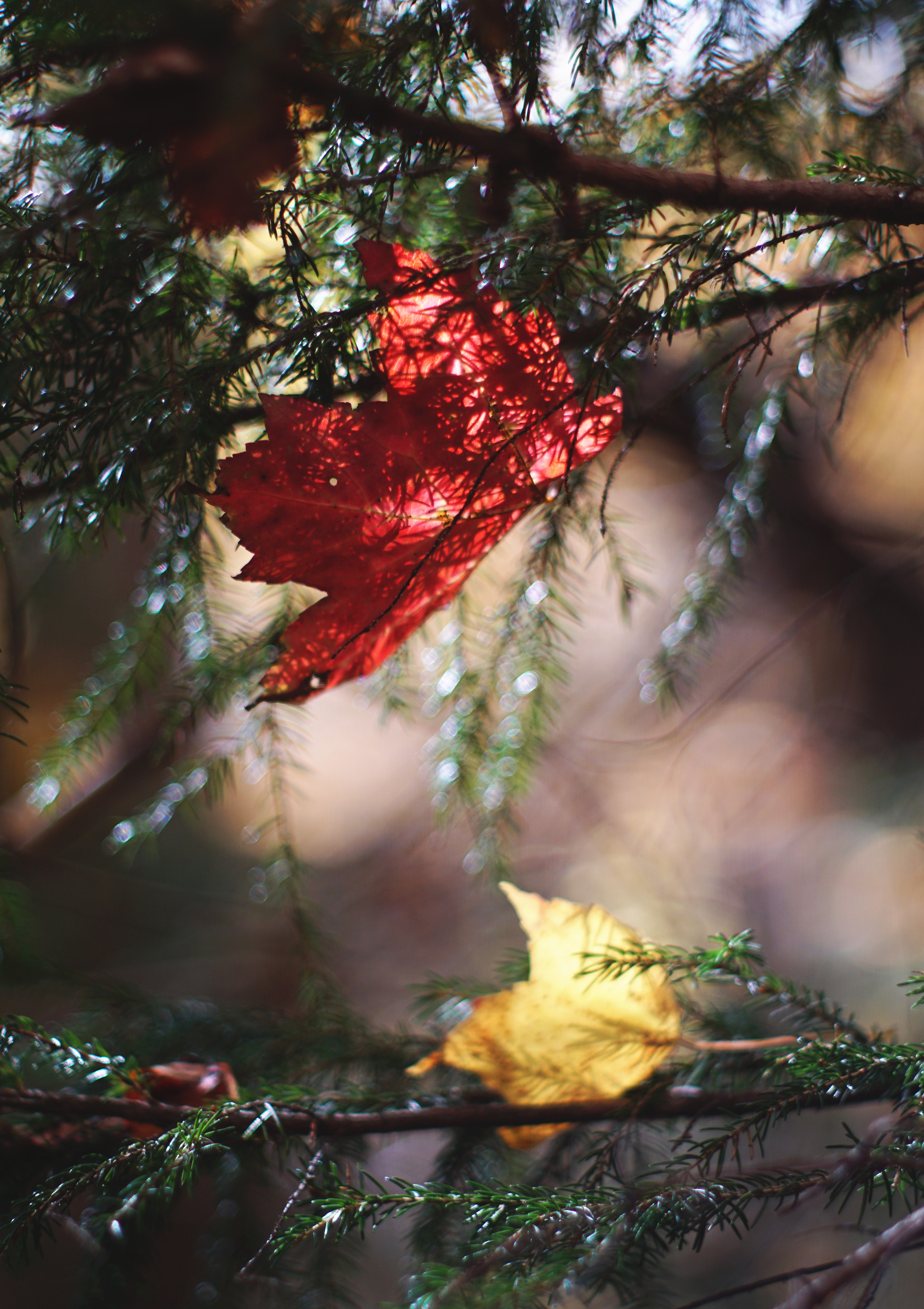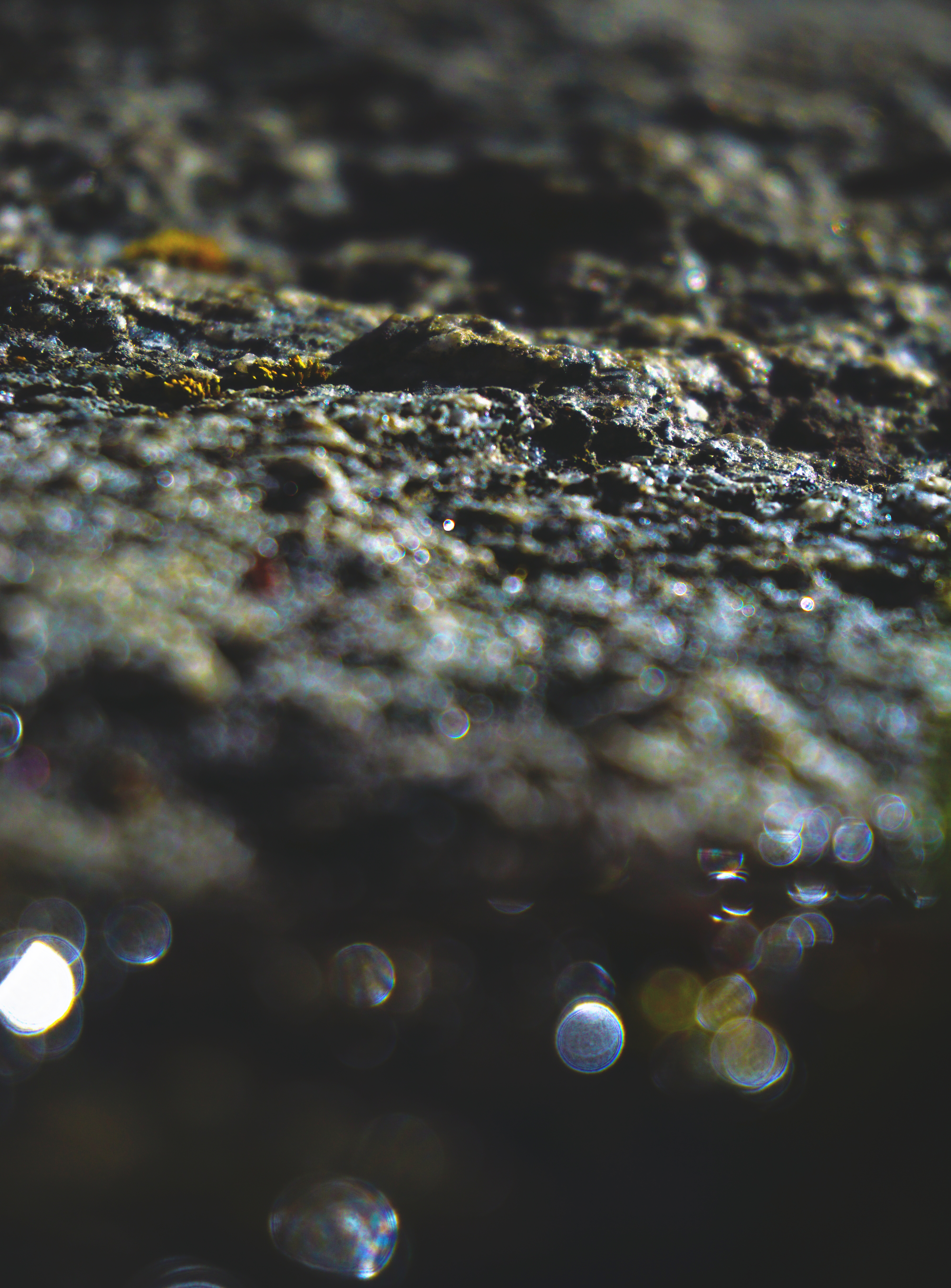
Han Tran
Courtesy of Han Tran
Meet a Whitehead Postdoc: Han Tran
Han Tran is a Damon Runyon Postdoctoral Fellow in Whitehead Institute Director Ruth Lehmann’s lab studying endoplasmic reticulum biology in the context of the cells that make eggs and sperm. We sat down with Tran to learn more about her and her experiences in and out of the lab.
What are you investigating?
In Ruth’s lab, we all are really interested in the biology of germ cells, the cells that give rise to egg and sperm and so are essentially immortal because their lines continue through generations. Our lab studies how they are formed, how they're maintained, and how they get passed onto the next generation. In this context of germ cell biology, I’m particularly interested in one organelle called the endoplasmic reticulum, which normally makes a lot of the proteins and lipids in our cells and is involved in many different aspects of biology. At a broad level, I'm looking at how this organelle is actually inherited within the special germ cell populations. In addition to that, I’m interested in how the biology of the endoplasmic reticulum in turn influences germ cells’ biology and potentially regulates trans-generational inheritance.
How did you end up at Whitehead Institute?
I did my PhD at UCSF jointly advised by Peter Walter and Shawn Douglas, and my thesis work revolved around the biology of the endoplasmic reticulum in single cell contexts. I studied how our cells are able to sense stress within the endoplasmic reticulum and activate responses to correct for this stress. Looking at the endoplasmic reticulum in those contexts made me really interested in its biology in general. I wanted to expand into studying this question in more of a tissue context, instead of just a single cell. I learned about Ruth’s lab, which would be a good fit for doing that. Moreover, I was drawn to her strengths as a mentor, and so I applied and ended up here.
When you were a little kid, what did you want to be?
One can say I had many career changes. If we go really far back, my first- or second-grade self wanted to be a Pokémon trainer because I just wanted to walk around with a Pikachu all the time. A little bit later, I wanted to be an astronaut, but then I watched a movie with a NASA astronaut selection scene and I realized that I would have to be a certain height to be an astronaut. I had a moment of revelation thinking: Huh, I'm not meeting that cut off. More seriously though, I was always interested in biology. Growing up in Vietnam, the only career option for those interested in biology is medicine. So in high school and college, even after moving to the US, I wanted to be a medical doctor, particularly an oncologist. That all changed at the end of my freshman year of college when I joined a research lab. I absolutely fell in love with the process of research and the excitement of discovery. From that point, I decided to pursue a PhD and become a scientist.
What’s your favorite part of your day-to-day job?
I love looking at cells and how they move. I just think they're really beautiful and fascinating. I gravitate towards microscopy, which allows me to peer inside the inner workings of cells or watch them in action. In my PhD work, I studied a protein called IRE1 that is a sensor and regulator of the stress response within the endoplasmic reticulum. A big question was what does this protein actually look like inside of the cell when it’s activated? I set out to take a look using a new (at the time) technique called correlated light and electron tomography that allowed us to see molecules in their native cellular context. The moment that we finally saw IRE1’s arrangement and structure within the cell for the first time was really cool.
What’s the biggest disaster you’ve ever had in the lab?
I worked with electron microscopes, which are big, scary looking, expensive instruments, and I experienced two disasters with them. Disaster one: We were imaging on the electron microscope and the backup power source for the electron microscopy facility died. All of a sudden everything crashed and went dark, which is scary because these crashes can potentially break the instrument. Also, the whole room was apparently electrically charged with residual power from this crash. When we opened the door to go get help, we got a mild electrical shock to top it off. Luckily, all of the instruments were OK after that. The second disaster happened with the perfect samples that I had spent three weeks generating and looking for. We loaded them into a different microscope, and the microscope stage failed right after everything was loaded. These failures are quite routine, but we were really unlucky that it was a mechanical stage failure that essentially irreversibly locked our perfect samples inside. In the moment that I realized what happened, I essentially saw three weeks fly by and disappear in slow motion.
What are your hobbies outside of work?
I love travel and photography. I love nature photography; there’s really a lot of beauty surrounding us, and I love taking photos when I go out on hikes and so on. Another of my big hobbies is hosting elaborate dinners. I love having people over and cooking up elaborate meals, enjoying the food together, and through the food sharing a lot of stories and experiences. I think food has the power to bond people, and I love the conversations that come when friends share a meal.
What’s a meal you’re particularly proud of having made?
I love cooking, but I never actually follow recipes. When building a menu, I always think about what's the main dish? And then everything else gets built around it. One of my favorite main dishes to make that I sort of came up with is a roast duck that's marinated in coffee and herbs and served with a lemongrass, orange and red wine sauce.
Do you find experimenting with recipes similar to running experiments in the lab?
Yes. I actually literally have a lab notebook at home, a kitchen lab notebook. I don't follow recipes but I do attempt to record what I do, so that maybe one day I can reproduce it. So sometimes the notebook will say, “bread recipe: added 473 grams of flour.” It's always a random number because I just dumped the flour onto a balance and then recorded the number. I really like the science of food and the experimentation and creativity of trying new flavor combinations, plus I think it’s more satisfying because you can actually eat what you experimented with—if it comes out good.

The kitchen lab notebook.
Courtesy of Han Tran
With your photography, what do you like to take pictures of?
I love tiny things, and I take a lot of macro shots. I like taking photos of really small flowers and things that are taken out of perspective. Maybe normally people don't see them, but then they could look so big and imposing if you actually look closely. I also do landscapes, but more to capture memories of a trip, or to capture motion and time such as waves or the season changing.

Is there a picture you’ve taken that has a good story behind it?
I take photos during hikes so that when I look at them, they will bring back the memory of that hike. Once, I was on a hike with a big group from UCSF and we went to Yosemite. We were at Upper Yosemite Falls and there was this big commotion because there was a mountain lion or something scaling the granite wall and we were really close to it. Everyone was so excited, but I missed the whole thing because I was busy trying to capture how some little droplets of water reflected the light on the granite. So the only picture I have from the moment this big creature was right near us is a picture of some water on some rock. But I really like that photo.

What excites you most about being a scientist?
I think the privilege of being a scientist is being able to remain curious and to act on that curiosity. When I’m learning about something, I always have the question in the back of my mind of where is the edge of our knowledge about this topic, and what can I do as a researcher to push that boundary a little bit further. I think that’s a fundamental part of what makes this career exciting. The other privilege of being a scientist is the community. You form close connections with like-minded people who are also curious and driven. The community of science and this quest for new knowledge are two things that it’s an honor to be a part of.
Where do you see yourself in ten years?
I would love to have my own research group somewhere, to build a group of people that are driven and have fun together doing science. I want to be able to nurture the curiosity that I have and share that with the people whom I work with. I think that would be the dream.
Topics
Contact
Communications and Public Affairs
Phone: 617-452-4630
Email: newsroom@wi.mit.edu


